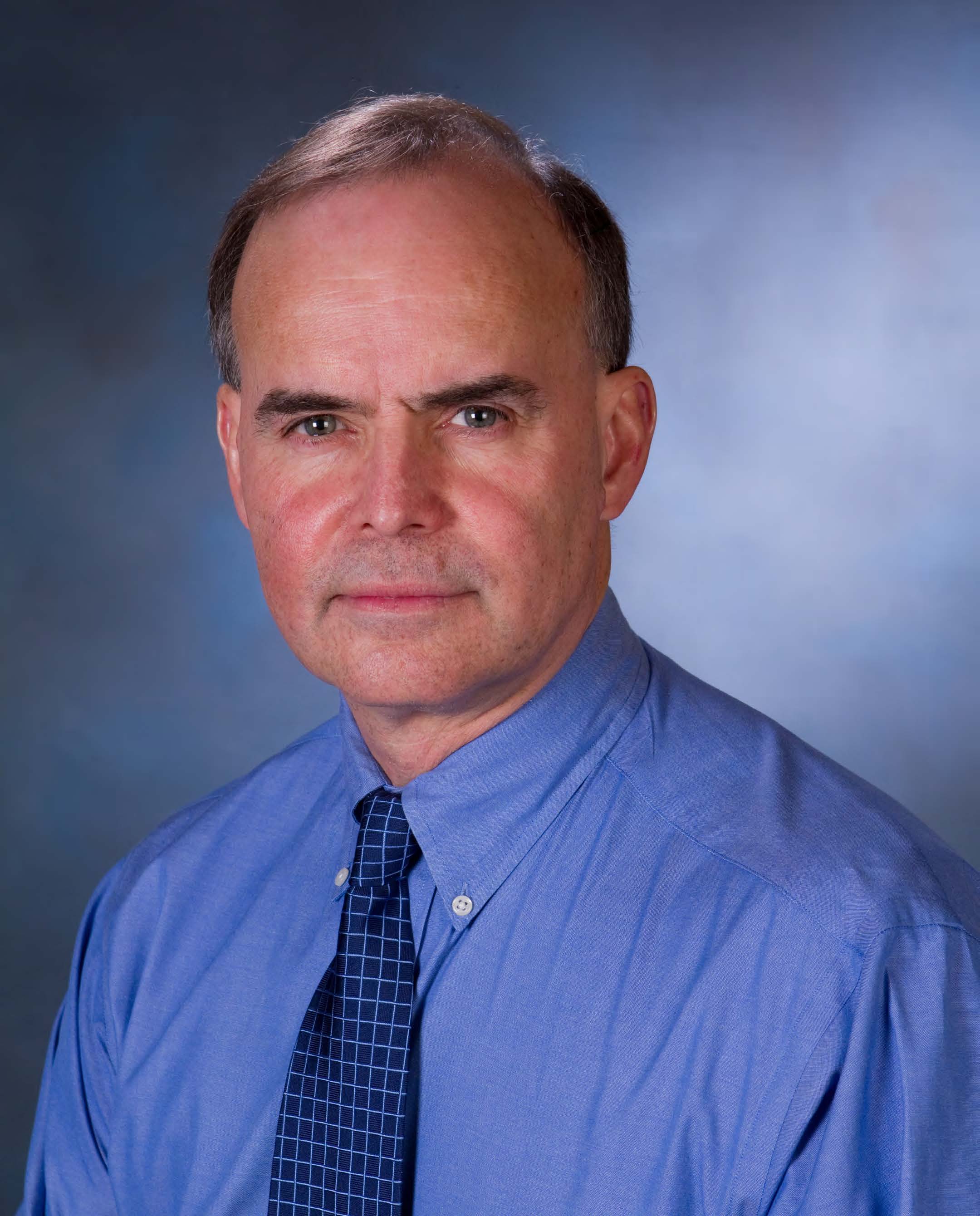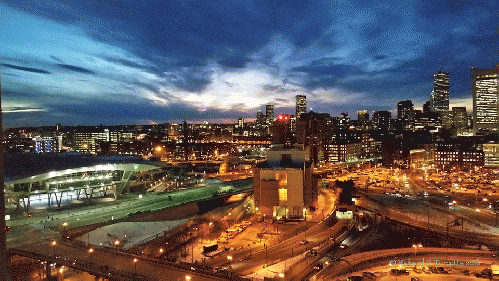This was included as part of a more extensive quote in my most recent submission:
The present research finds that system justification tendencies are associated with greater denial of environmental realities and less commitment to pro-environmental action.
That same study also offered this conclusion from its authors:
The crux of our argument, then, is that system justification motivation is a significant obstacle to attaining pro-environmental change.
If increasing world population will necessitate the maintenance and/or expansion of an energy supply capable of supporting an additional 1.5 billion users within two decades, that "significant obstacle" will have to be addressed and reconciled regardless of the inclination to deny and/or avoid making the small commitment to do one's part in easing energy demands. Finite resources are still and always finite. With conventional crude oil production having peaked a decade ago, the unconventional resources now being called upon [tight oil, etc] have some built-in limitations.
Denial isn't going to have any effect on the relentless and still unpredictable impacts of climate change. Denial and refusal to make a contribution to easing the energy challenges we're sure to face also won't alter the reality of a finite resource being drawn down daily by more consumers for more reasons in more ways and in more locations. Increasing production efforts which in turn contribute to our warming planet [facts can be so annoying!] is a conundrum with potentially dramatic impact if not carefully addressed--soon.
Whatever comforts denial and avoidance provide via system justification will likely do little more than compound the regrets later on by the failure to acknowledge today's unpleasant truths. It is even more certain that failure to address those challenges now will do nothing more than restrict the options available to us all when inevitability becomes reality to even the most ardent of ardent deniers.
That the full measure of climate change's effects and peak oil's impacts on us all aren't likely going to be obvious to everyone for years to come might be a convenient excuse to do nothing now. But a moment's pause to consider just how extensive those outcomes will be--given how dependent we are on fossil fuels to power just about everything we use and do, and how important it is to not inhabit a planet whose climate changes will create still unknowable consequences--and how many of us and in how many ways we will all feel those effects, shouldn't require much more than a bit of common sense to appreciate that the transition itself will be years in the making.
[W]e suffer the consequences of a population that believes in the absence of evidence and, more curiously, rejects an objective reality that conflicts with beliefs easily proven false.
A moment's worth of contemplation as to the truth of Jeff Schweitzer's observation, followed by a brief assessment of the benefits and disadvantages of continuing to ignore or deny evidence in favor of tenuous beliefs, might bring a few more of us around to a recognition that we all have a role to play in ensuring a better future for ourselves and for our children.
We could do so much worse than taking some time now to find just enough courage to acknowledge that we face some fact-based challenges in the years to come. Psychological protections have their purposes, but they are neither invincible nor infinite shields against the facts and reality of a warming planet and a finite resource base.
So now what?
Adapted from a blog post of mine






